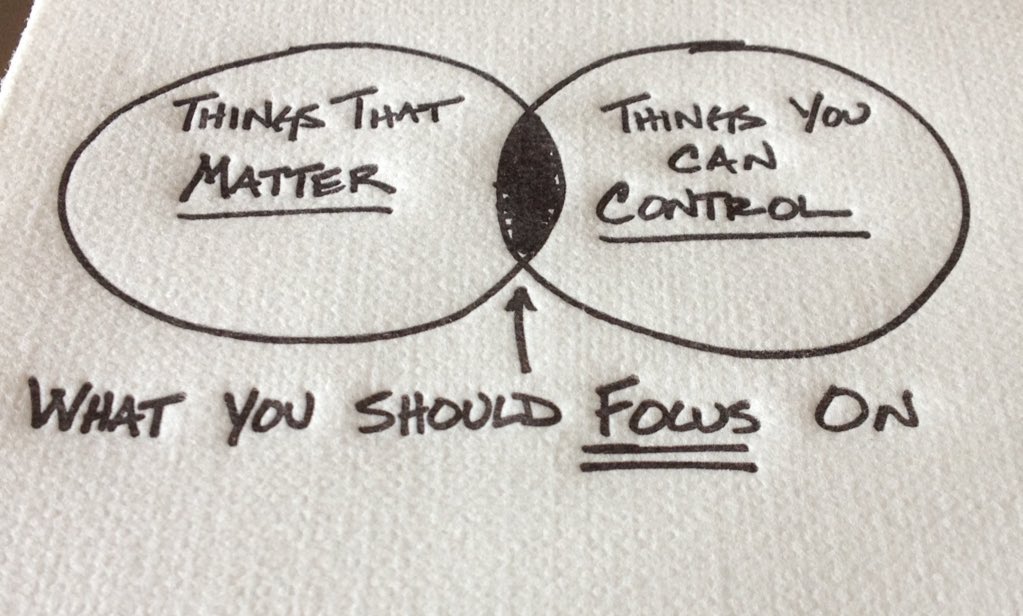Last weekend my client “Chris “phoned me overwhelmed by stress, while attending his son’s baseball game. He realized his co-parent was not there as she had promised. When he phoned her, she informed him she had changed her mind and decided not to be there. This was both frustrating and very disappointing to him since this was becoming a habit of hers. His immediate reaction was to tell her how wrong she was, which only led to a heated argument and more stress.
When we spoke about the situation, I asked him what exactly he is upset about. He informed me it was seeing how disappointed his son will be. Then, we discussed if there was anything he could do about this. What can he control or change? Here were my suggestions to him: First, accept this for what it is. A co-parent who will most likely continue to disappoint both yourself and your son. Next, tell his son how much he enjoyed being at the game, and when he senses his disappointment, turn it around to a positive by asking if he’d like to grab his favorite dinner out or some ice cream to celebrate his good game. They ended up going out for pizza and Chris gave his son advice and pointers on fine-tuning his skills on the field. It wound up being a very pleasant evening for both. Being fully present and focusing on what he can do about the circumstances not only relieved him of stress but also gave his son a wonderful example of how to deal with factors beyond his control.
If you’re about to go through a divorce, or you’ve begun the process, here is a simple fact: You are not in control of many aspects of the process. It’s when people try to control what they cannot that they become frustrated, angry, scared, overwhelmed, exhausted, or paralyzed. Making things worse, when you are experiencing any of those emotions, it makes it even more difficult, if not impossible, to make good choices and smart decisions. This is why, it’s important to understand and accept this early on, therefore, you can focus on the things you can control.
How Do You Do This?
How do you know what you can control? You must start by understanding the difference between what you can control and what you can’t. This is very important. For example, you cannot control how your co-parent spends their child support. As frustrating as it is to see your money being spent on everything but the children, knowing you cannot change this behavior, is an example of something not to focus on. Otherwise, you will only drain your energy and you’ll become resentful/angry. What you can control is how you perceive something and how you respond.
When you find yourself having resentment or a negative outlook, ask yourself a few questions such as: What is within my control? What is this upsetting/worrying me? What matters most to me? Is there anything I can do about it? Focusing on what we can control, we begin to feel empowered and less frustrated or negative.
I believe there are three things that you can focus on every day to ensure you’re focusing on what you can control: attitude, effort, and your actions. It’s choosing not to fold the deck of cards just because you’ve been “dealt a bad hand,” but choosing to play to the best of your abilities despite it.
It’s about being mindful, not wasteful of your energy and time.
If you are intentional in having the mindset of always choosing to focus on what is within your control and engage in this kind of thinking, you’ll rewire your brain to naturally become more positive even during stressful and overwhelming times. Accepting what is, often leads to living in peace. It’s saying to yourself: “My co-parent is frustrating me but let me focus on how I engage with my children.”
At any given stage in your life, regardless of the set of circumstances you are dealing with, you’re likely to find yourself in one of the following states:
- Wasting your energy. When you focus on what is not within your control, you’re wasting your energy on factors that will not change your circumstances nor move you forward. Rather, save your energy for the important factors that you will be able to have some control over. This is very important when going through a divorce, as I always say to my clients; “pick your battles carefully and choose the ones you can control.”
- Head in the sand. When you ignore what is not within your control, you’re most likely sticking your head in the sand. By ignoring the external factors that you cannot control, you’re likely to feel a sense of being powerless. However, wouldn’t you feel better if you accept the matter for what it is, and turn your focus back to yourself and things you are in control of?
- Wasting opportunities. When you ignore what is within your control, you’re flat-out wasting opportunities. Focus on how you choose to spend your time and who you choose to hang out with. Stop being wasteful of opportunities because you’re so focused on things beyond your control. I’ve had clients so focused on their co-parent’s bad behavior; they miss the opportunity to be “fully present” when they are with their children. All because they are focusing on the behaviors, they have no control over and cannot see what is in front of them.
- Intentional state of mind. When you focus on what is within your control, you’re in the driver’s seat. You’re being intentional about your attitude and how you spend your energy. This is where you are emotionally mature, thinking rationally and intentionally about what you’re choosing to focus on. This is about having an open mindset, which often brings a sense of empowerment, motivation, and calm.
My advice to anyone going through a divorce is this; accept early on, there will be many things in your process, and with your co-parent, that you will have no control over. Whether your co-parent continues to show up late, decides not to attend your child’s baseball game, or continues to feed them fast food, these factors are beyond your control. Focusing on how you feed your children, picking them up on time, and attending their games, will give you a sense of control during a chaotic and stressful time in your life. Otherwise, focusing on what is not within your control will likely drain your energy and keep you frustrated and angry.
Accepting situations for what they are, is incredibly freeing. By focusing your time and attention on the important things that matter most over which you have “control “, you will get more done, and the things you accomplish will be more important, more beneficial, and more satisfying. You will feel better about yourself and less stressed out as well.
Hayley Lisa
The Divorce Coach for Men

